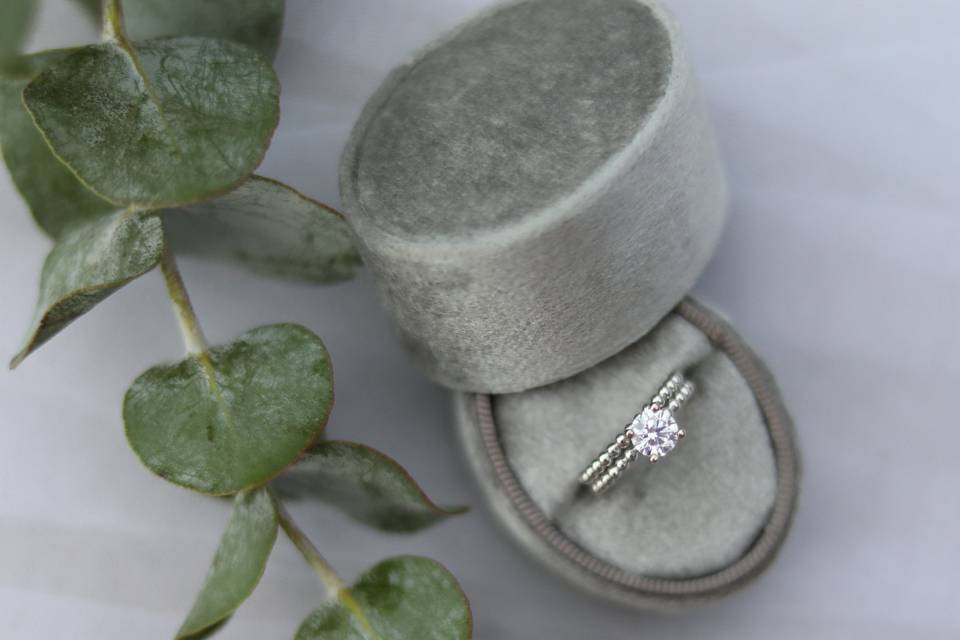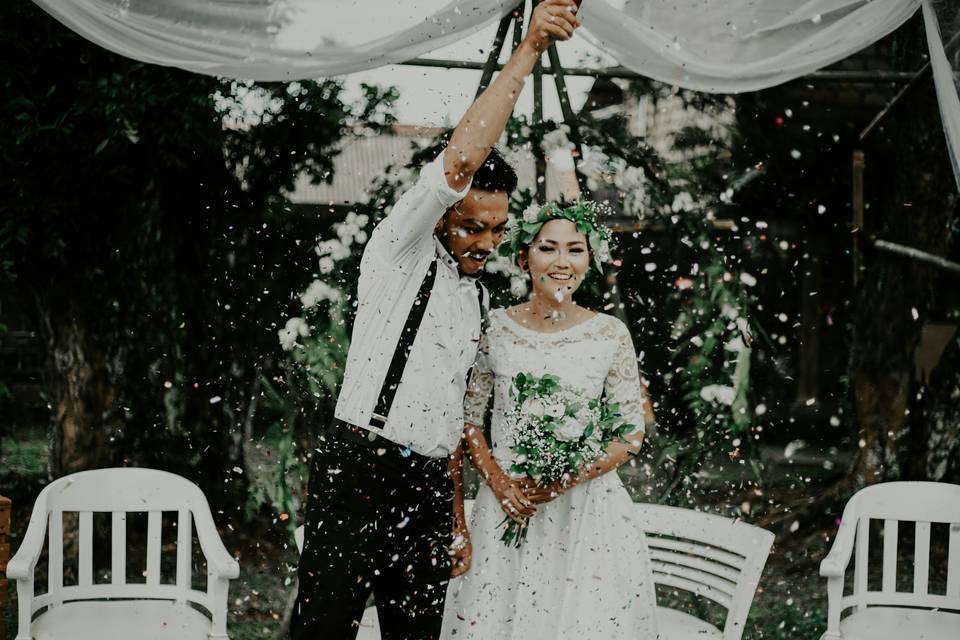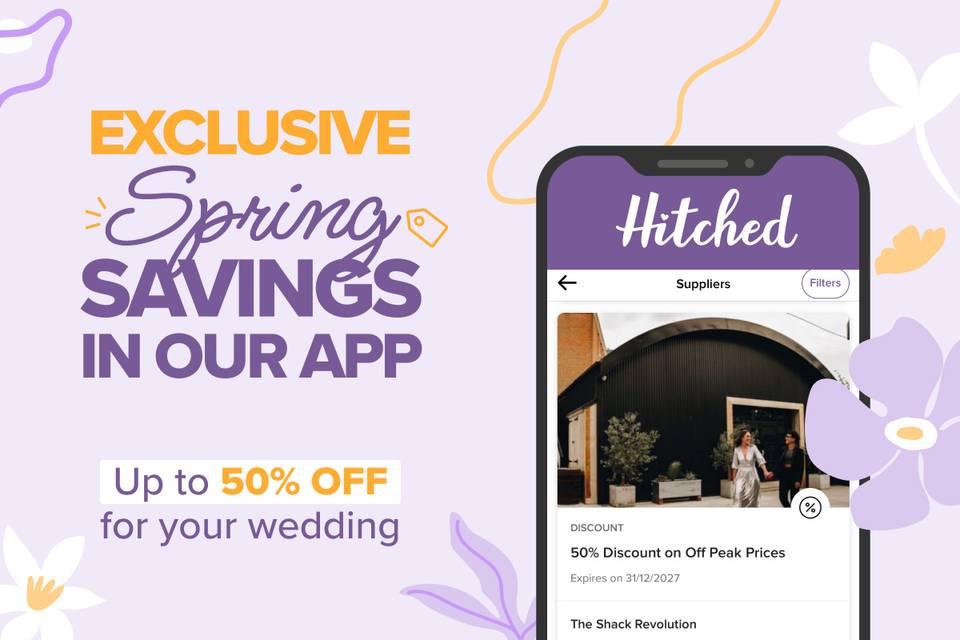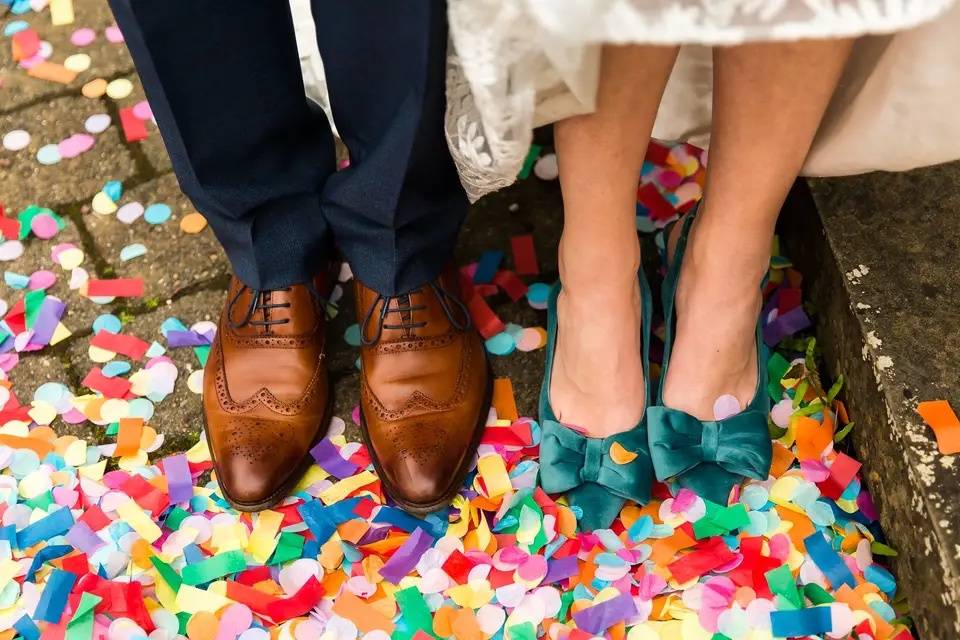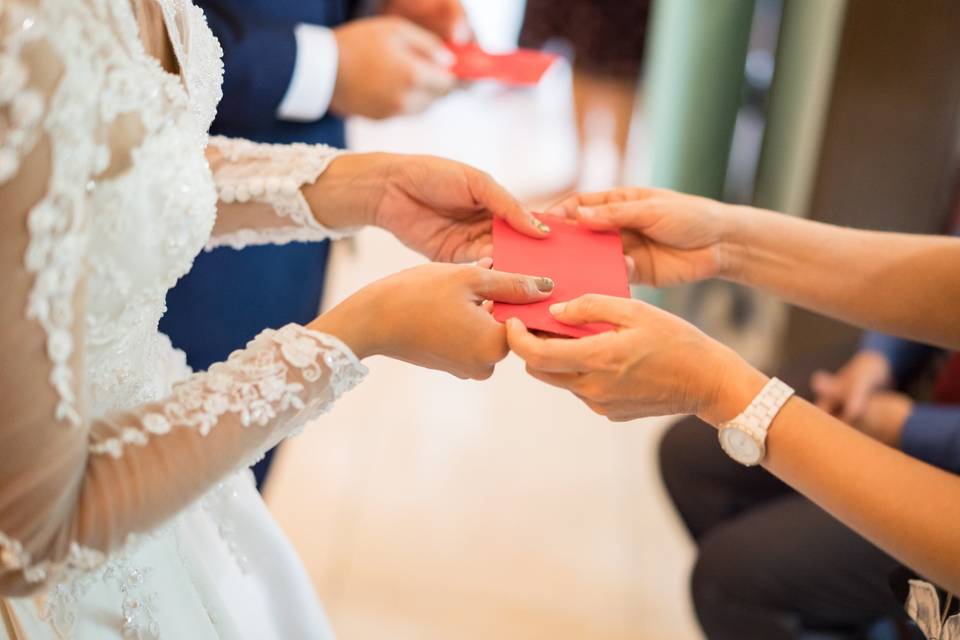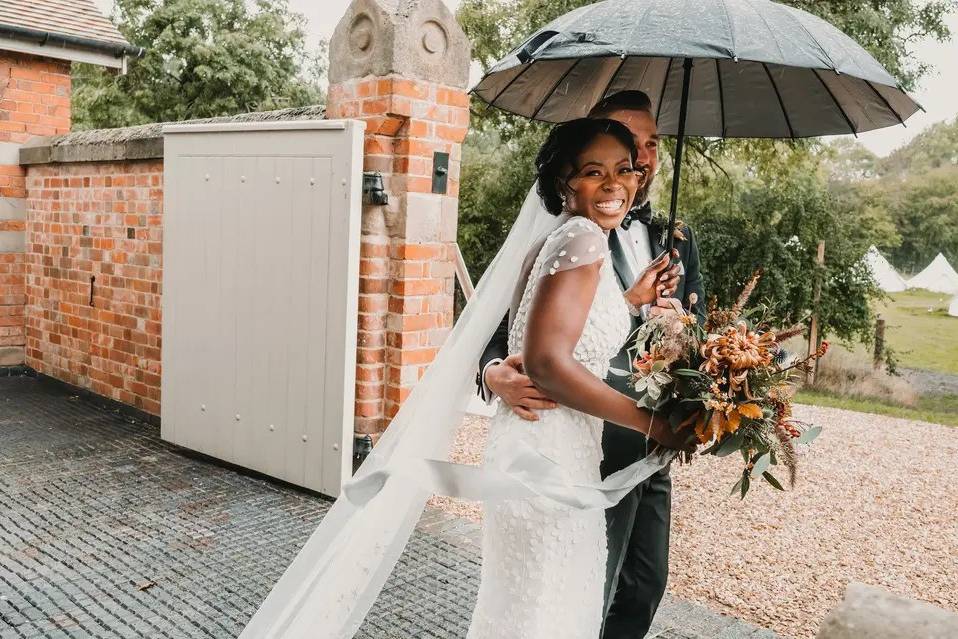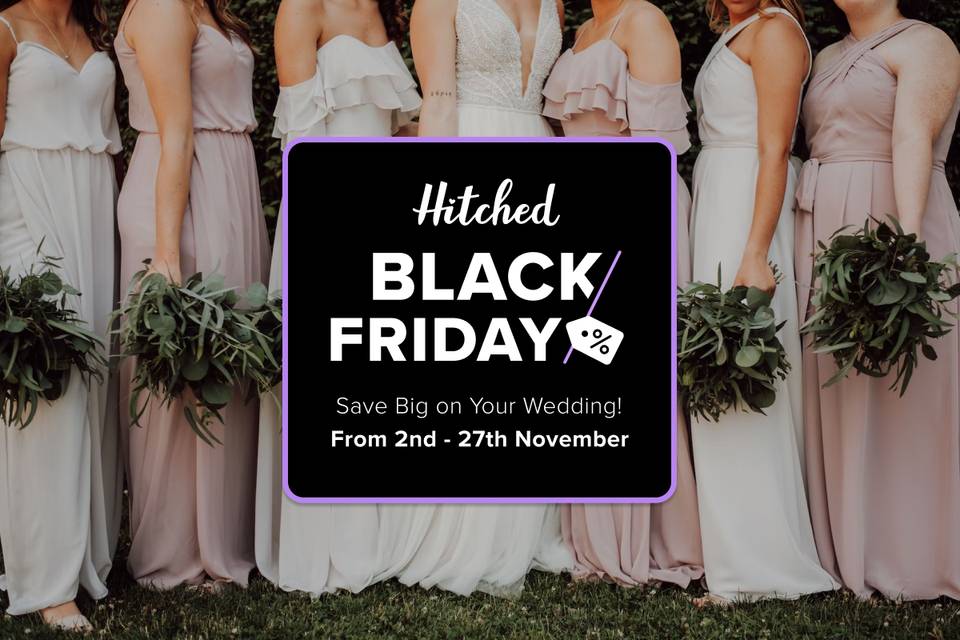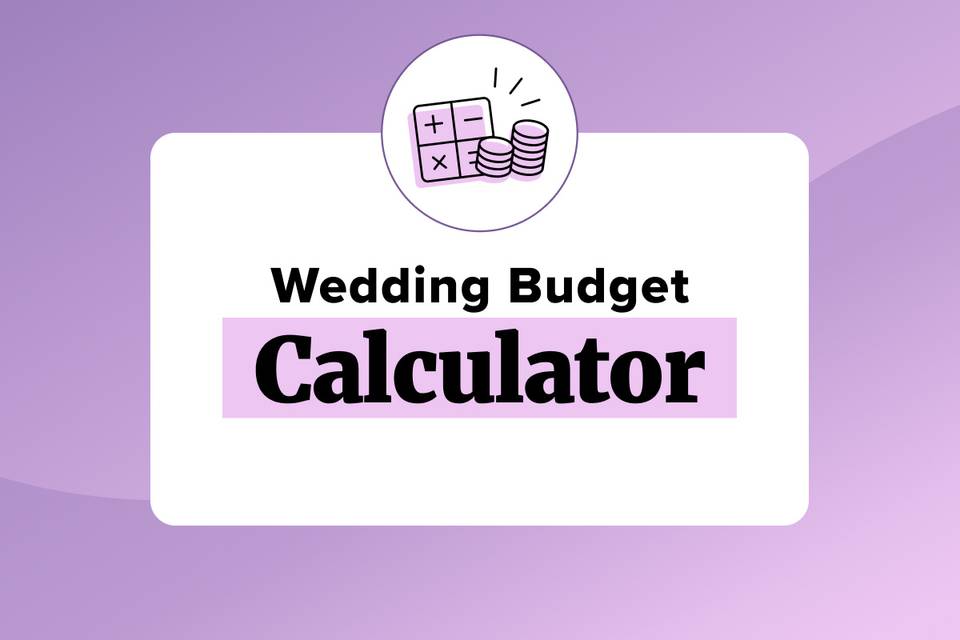No, the Wedding Industry Doesn’t ‘Add on a Zero’ When You Say the W-Word
Ever felt like saying the word 'wedding' adds a zero to the price? It's undeniable that weddings cost more, but let's break down why...
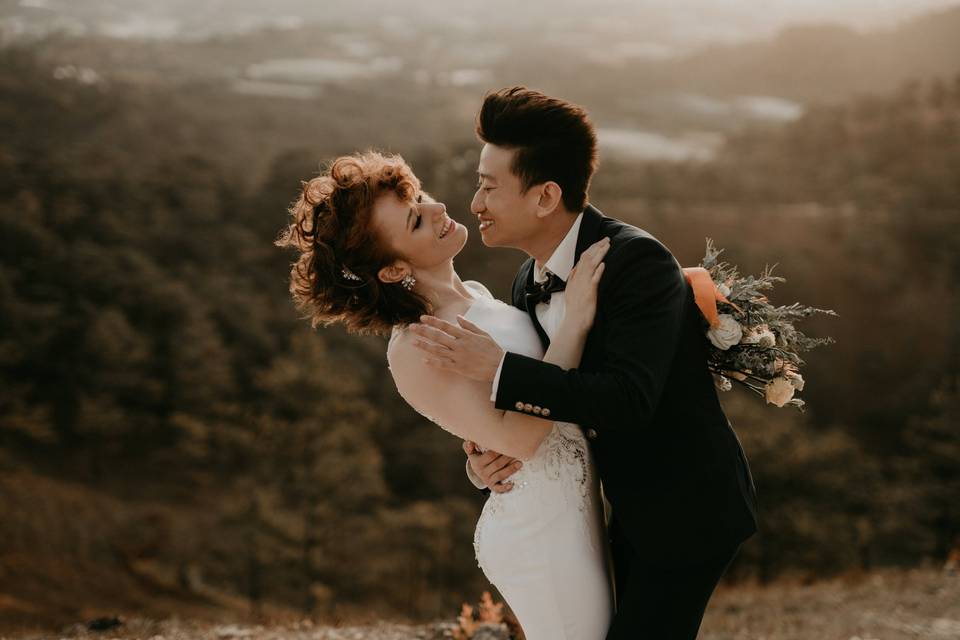

I’ve been working in weddings a long old time - over a decade. And in that time, almost more than I’ve heard people say ‘I do’, I’ve heard people say things about how the wedding industry over charges people, adds on zeros and is out for profit.
But the problem is, it’s simply not true. Of course businesses want to make a profit, that’s inevitable. We all need to earn enough money to keep roofs over heads and food on tables, but the idea that a sneaky, calculating cake maker is rubbing her hands with glee because she’s seen you’ve put ‘wedding’ in your enquiry form, so now she can whack out those extra zeros, is just so far off the mark - so let's break it down.
What is the 'Wedding Industry'?
Firstly, we need to look at the concept of ‘the wedding industry’. Often spoken about by the media and critics in those invisible air quotes, it makes it sound like there’s a valley, just out of view, cluttered with factories churning out veils and sparkly cowboy hats.
And whilst some wedding items are mass produced, of course, the truth is the majority of the ‘industry’ is made up by independent female-owned businesses. We’re talking about women at their kitchen tables, working around family dynamics, more often than not.
It’s a creative industry, and it’s a flexible industry, and that draws in women. Women who have talents for cake making, photography, designing, flowers, choosing this job as it allows them to be home for the school run, or make money from their passion.
Nina Beer is wedding industry expert and consultant, and was one of the key members of the government-backed UK Wedding Taskforce, and she explains: "During the pandemic, we discovered that the wedding industry is made up of approximately 60,000 businesses, and a large proportion are women-owned or operated.
"Over 50% of these businesses are small and micro-businesses meaning they are home-based, with the CEO working from their kitchen table as they juggle other demands such as caring for a family around their livelihood.
"No one goes into weddings believing it's going to make them a millionaire! They do it because they are passionate about what they do and they want to work with couples to create their dream wedding day. When so much talent and time goes into a wedding, they, of course, deserve to make a profit and it needs to be financially viable, they aren't doing this as a hobby. "
Does Saying 'Wedding' Push Up the Price?
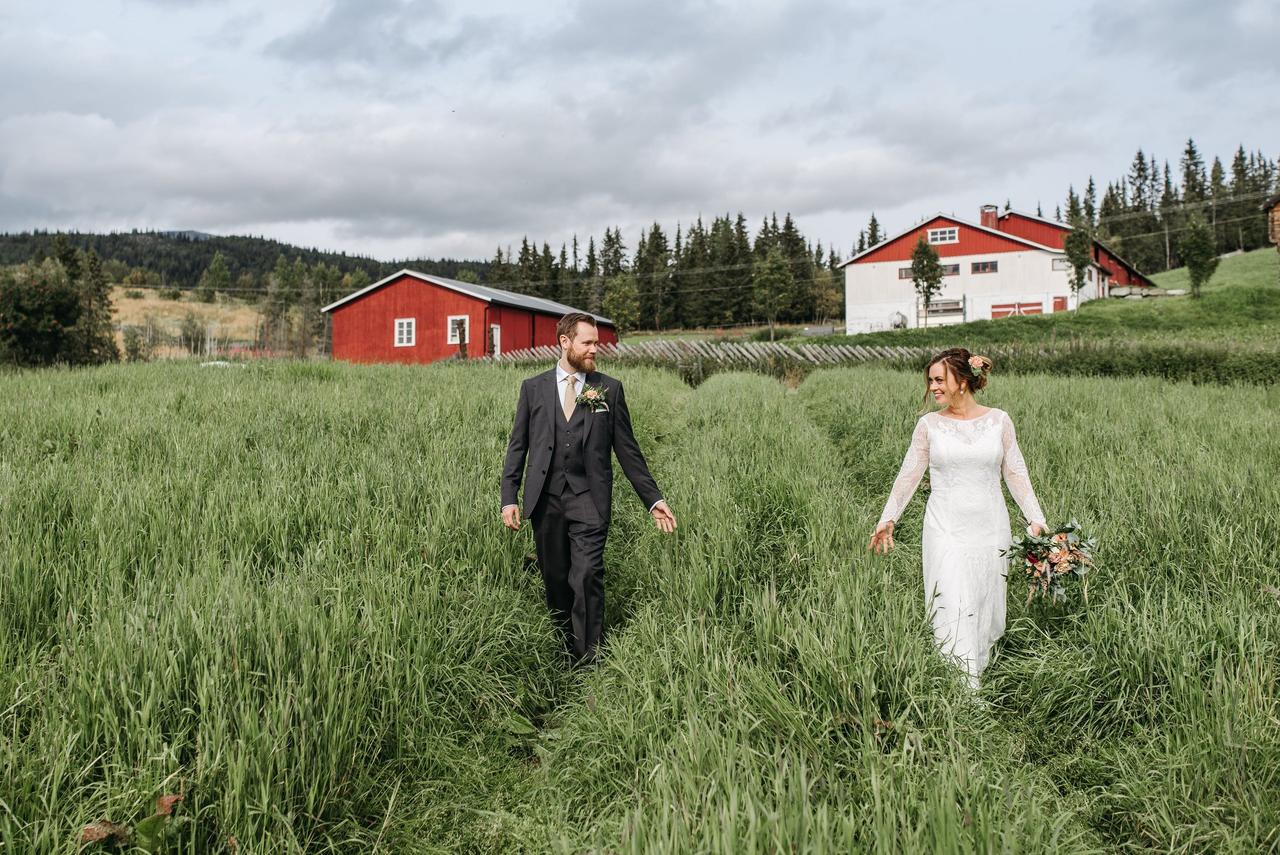
So why do people think that saying the word wedding bumps up the price, and that the wedding industry is made up of money-hungry mavens that will give you a fair price for your birthday, but con you for your wedding?
It’s undeniable that weddings can be expensive. But they can also be very cheap - you can have a wedding for £3,000 or less, if you prioritise and make shrewd decisions about when you do it and what you buy.
I always advise couples to focus on the stuff that means the most to them, and to cut back or skip the bits that don’t. You don’t have to have everything at your wedding - but if do you want it all, it will come with a cost.
One example of this is the idea that a birthday cake will cost less to buy than a wedding cake - but of course it will. When you’re buying a birthday cake, it usually doesn't need to serve close to 100 people. When buying a wedding cake, you need to be sure it can stand for multiple hours and not sweat, melt or collapse, whereas a birthday cake tends to be a single tier bake that is brought out purely for the candle moment, then served up.
Laura Pike is a wedding cake artist and owner of Deluce Cakes, who creates high end wedding cakes that come with a price point to match. She explains why a wedding cake will invariably cost more (and no, it’s not because you’ve said ‘wedding’): “With a wedding cake, you are not purchasing a pre-made product off a shelf. You are hiring a professional to design and make a bespoke item of the highest quality, just for you. It is not just a product, it is a service.
“That service involves design consultations, organising a tasting, sketching out designs, reworking them if necessary, sourcing niche equipment and materials, baking the tiers from scratch using the finest quality ingredients, making the fillings, and constructing the cake with internal support structures.”
It’s common for lots of nearlyweds to think that what they are paying for is the product that arrives on or for the day, however the fee encompasses much more than that. Laura goes on to say: “Then there’s the most time consuming part of all - decorating. Intricate details such as hand made sugar flowers can take days, or even weeks of advance preparation, and require a lot of skill and experience to execute well. Finally, that edible work of art is hand delivered to your venue.”
The hundreds of pounds you spend on your wedding cake isn’t just for the finished article and how it looks - it’s for the time the creator spends meeting with you, discussing ideas, giving you samples, and for their own overheads too - the kitchen it’s made in costs money to run.
“The time and planning it takes to do all of this is what determines the cost of a cake. Usually, it is a service hired for the most extravagant party you’ll ever throw - your wedding. We have designed cakes for other special celebrations in the past, but the process, the time, and therefore the price structure, is exactly the same, no matter what occasion the cake is for,” Laura explains.
The same goes for your makeup or hair - Zoe Cornwell from The VIBE Education and Knot Your Average Bride explains why wedding makeup services cost more, by summing up everything that goes into your wedding quote:
- Experience - wedding suppliers help ensure the smooth running of the day to eliminate stress so it pays to have a supplier with that experience
- Unsociable hours - weddings often involve early call times, on weekends
- Additional admin - organsing trials, inspiration boards, product recommendations, correspondence with other vendors to coordinate timings, etc.
- Limited availability - there are only 52 weekends in a year, and nearlyweds require exclusivity, as you can’t work more than one wedding in a day
- It’s a luxury service - with high end products. Nearlyweds often get a more refined service due to the nature of the day
- Higher pressure - clients having wedding makeup often require more attention than an average hair and makeup appointment
- Mobile services - the transportation of full kit and tools to required venue means mileage and wear and tear needs to be considered
- Additional insurance - venues often require specific insurance and PAT testing which is funded by the business owner.
It's a lot more than turning up and painting a face. Similar goes for a wedding photographer - you might think that your fee is simply the cost of the photographer coming for the day to take your photos. Hands up if you’ve ever looked at a quote and thought, ‘I wish I got paid that for a day’s work?’
However, the quote isn’t simply for a day’s work. The photographer needs to charge for the time spent meeting you beforehand, research around your venue for the best spots, the 12 or so hours they spent with you on the day, and the editing of thousands of images after, which can take days to complete. All this work is reflected in the fee - and the same goes for other suppliers such as celebrants, videographers, florists, coordinators. I can’t think of a single job in weddings that comprises of a single day of work.
So if you’re starting to compile your wedding budget, and find yourself surprised by the pricing, I’d like to end on a few of my tips:
- Prioritise what you really want - I can’t stress this enough. Go big on the stuff that really matters to you and don’t spend money on anything that doesn’t make your heart soar. Your wedding should only be full of things that make you fizz with excitement - and you’ll never begrudge spending money on that.
- Shop around and explore deals - You will always find something to work for your budget, even if you have to get creative or compromise here and there. We have so many amazing wedding deals on Hitched (I’m often blown away by some of the bargains I spot!), so you can always find something to work for your price point, even if it might not be the first thing you spotted.
- Remember the workload - Planning a wedding is a new experience for most people, so the pricing can be surprising when you don’t have anything to compare it to - but reflect on what you’re paying for and the work that goes into that service, before deciding if it will be worth that price for you. If it’s not, go back to your drawing board and think about what you could do differently.


